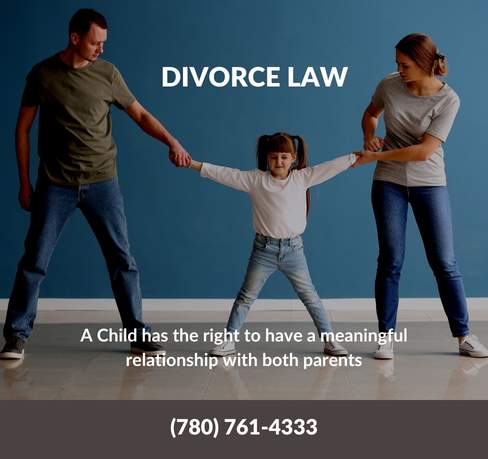Divorce is a life-altering decision, often induced by various individual and interpersonal factors. While it’s typically a last resort, sometimes circumstances necessitate this course of action. One such circumstance is when abuse enters the picture, either in the form of physical violence, emotional harm, or psychological manipulation. In this context, we will delve into how abuse is considered a legitimate reason for divorce under Edmonton, Alberta’s legal framework. Local divorce lawyers will guide us through the intricacies of the legal process in cases involving abuse.
Understanding Abuse as a Ground for Divorce
In the Province of Alberta, the Divorce Act governs divorce proceedings. As per the Act, couples can obtain a divorce if they have lived separately for at least one year, there’s been an instance of adultery, or when there is physical or mental cruelty. The latter, which constitutes various forms of abuse, is often a primary reason for divorce in many jurisdictions, including Edmonton.
Abuse can manifest in different ways: physical, emotional, sexual, or financial, and often, it’s a combination of these. This broad definition encompasses actions such as assault, threats, coercion, manipulation, control, and harassment. It’s important to note that abuse is not always visible. Emotional and psychological harm, though harder to document, are equally as damaging as physical harm, and also constitute grounds for divorce.
Edmonton Divorce Lawyers Explain: Navigating the Legal Landscape
When navigating a divorce due to abuse, Edmonton divorce lawyers advise that understanding the legal landscape is crucial. The lawyer-client relationship is a critical aspect of this journey; victims need to feel comfortable sharing intimate and often distressing details of their life and marriage with their lawyer.
Divorce lawyers in Edmonton help their clients document the abuse, gather evidence, and guide them on how to protect themselves and their children, if applicable. Evidence can be medical records of physical harm, screenshots of threatening messages, witness statements, or any other documentation that can establish a pattern of abuse.
The Role of Restraining Orders and Emergency Protection Orders
In severe cases of physical abuse, a victim may need immediate protection from their spouse. In Alberta, victims can apply for an Emergency Protection Order (EPO), which provides immediate protection by the police. An EPO is a temporary order and can be issued anytime—day or night—when an individual believes they are in immediate danger.
For long-term protection, victims can also apply for a Restraining Order. This legal order requires the abuser to stay away from the victim and cease all forms of communication. Violation of this order may lead to criminal charges against the abuser.
Impact on Child Custody and Property Division
It’s important to note that evidence of abuse can impact other aspects of the divorce, such as child custody and property division. If a spouse can prove that the other spouse has been abusive, it might affect the court’s decision on child custody arrangements. The court’s primary consideration is always the best interest of the child, and an abusive environment is never conducive to a child’s wellbeing.
As for property division, Alberta follows the equitable distribution model, meaning property acquired during the marriage is divided fairly, but not necessarily equally, between the spouses. However, abuse doesn’t typically affect this division unless it has had significant economic implications on the victim, such as in cases of financial abuse.
Conclusion
In summary, abuse is a significant ground for divorce in Edmonton, Alberta. It is a deeply distressing experience, and victims require supportive and professional guidance to navigate the legal landscape. It’s crucial for victims to know that they are not alone and that there are resources available to assist them. Engaging an experienced and empathetic Edmonton divorce lawyer is the first step towards securing a safer and brighter future for victims of abuse.

